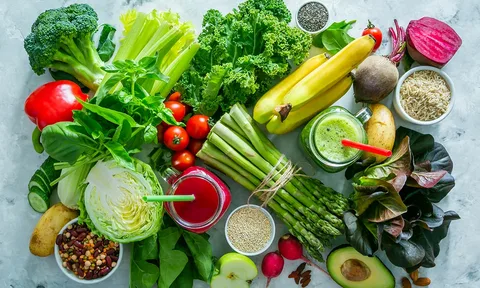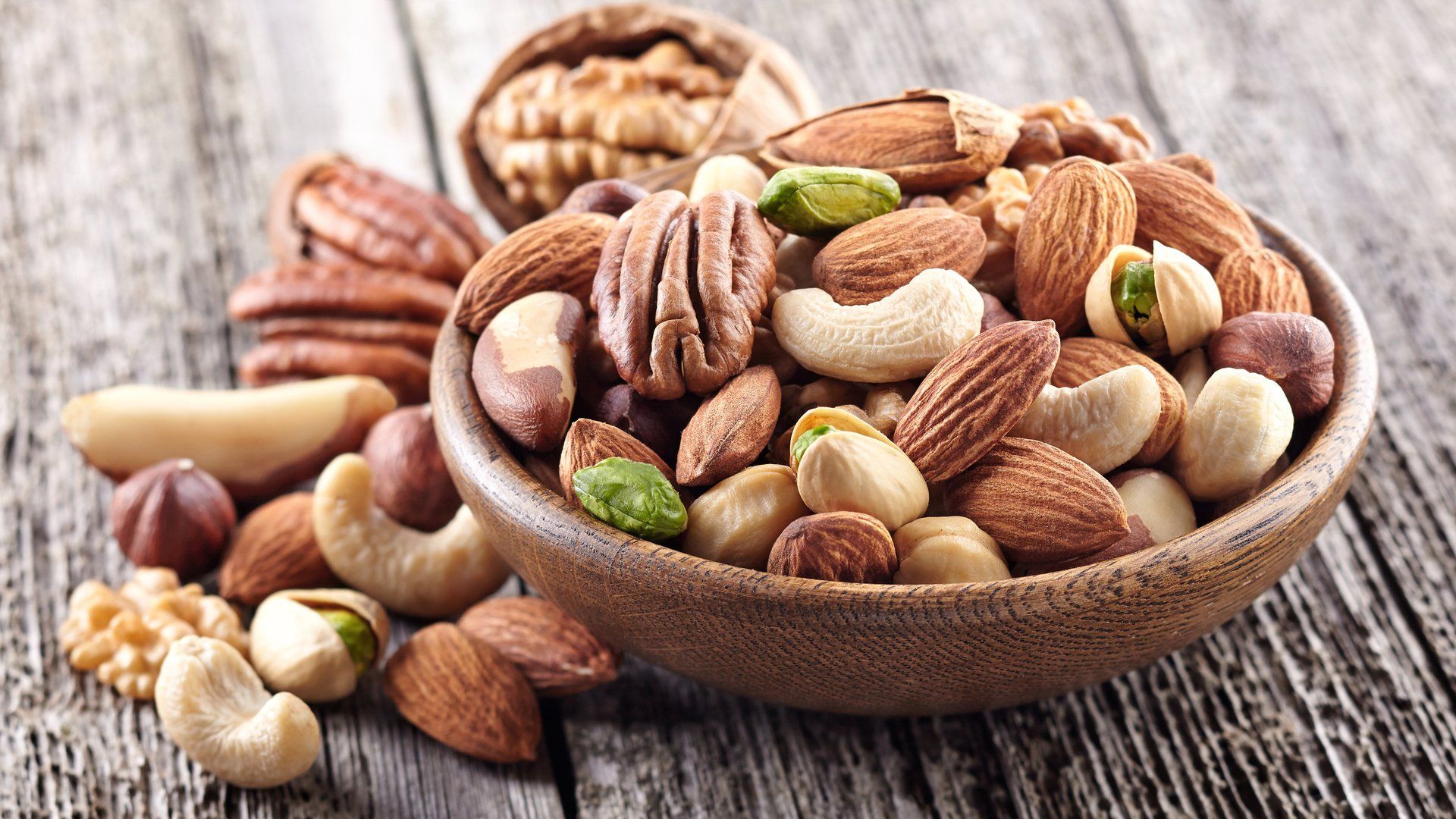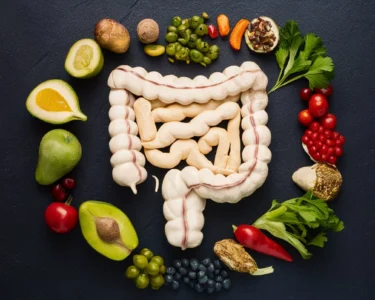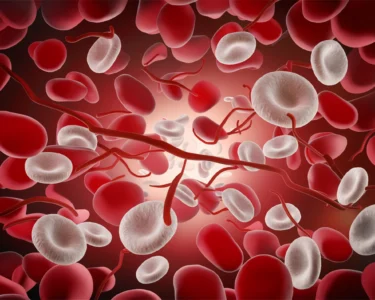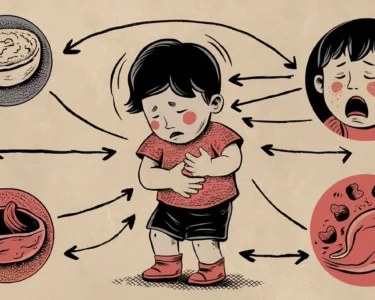Alkaline Diet – 5 Superfoods For Optimal Health
The alkaline diet focuses on eating naturally alkaline foods while avoiding acidic food like processed grains, too much meat and animal protein, and added sugars. The goal is to boost energy levels and promote optimum health.
However, this diet can potentially lead to nutrient deficiencies because it eliminates many foods. It also lacks sufficient evidence to show that it can prevent cancer, as claimed by proponents.
Green Leafy Vegetables
Green leafy vegetables like kale, collard greens and spinach are high in alkaline forming minerals such as calcium, magnesium and potassium. They are also rich in Vitamin C, Vitamin A and a host of other antioxidants and phytonutrients.
They can be eaten raw, steamed or roasted, and are an essential part of the alkaline diet along with other cruciferous veggies such as broccoli, cauliflower and cabbage. Other alkaline forming vegetables include asparagus, avocado, sweet potatoes and zucchini.
The acid-alkaline balance is critical to our health and it’s said that disease-carrying organisms cannot survive in an environment with a neutral or alkaline pH level. The alkaline diet has gained popularity because of its many celebrity followers who say they feel better following this diet. Victoria Beckham, Kate Hudson and Tom Brady are just a few of the big names who have spoken about their experience with this diet.
While the alkaline diet may seem restrictive, there are a few things you can do to increase your intake of alkaline-forming foods. For example, add a salad to your lunch or top your morning eggs with some organic tofu for protein that’s low in acid. This way, you can reap the benefits of the alkaline diet without feeling restricted or depriving yourself of the nutrients you need to thrive. The goal of this diet is to eliminate high-acid foods such as refined sugars, processed grains, animal protein, and added fats.
Cauliflower/Broccoli
The alkaline diet is based on the theory that certain diseases and disorders develop in a body with an acidic pH. Proponents claim that this diet prevents such ailments by limiting the amount of acid-forming foods eaten. They also claim that the diet promotes healthy bones, increases growth hormone production and reduces pain.
The diet recommends avoiding meat and dairy, processed foods, added sugars, high-sodium foods, coffee, tea and alcohol. Instead, it encourages whole foods that are rich in vitamins and minerals. Ideally, most of these foods are raw, since cooking depletes them of their nutritional value. The diet also restricts fatty foods, which are known to raise cholesterol levels and encourages low-fat or non-fat dairy and whole grains.
Besides promoting a healthy lifestyle, the alkaline diet also takes into account the environmental impact of food choices. The diet emphasizes consuming foods that are primarily plant-based and organic.
The alkaline diet also requires its followers to monitor the pH of their urine and use a test kit to determine their body’s acidity. This is not only inconvenient, but it can be misleading. While the body’s pH is important, it can fluctuate throughout the day and doesn’t reflect your overall health. Moreover, the diet is lacking in protein and calcium. This is because it eliminates many nutrient-rich foods like lean meat, eggs and dairy. It also restricts other dietary staples like whole grains and fruits.
Citrus Fruits
The alkaline diet is a popular trend that advocates eating fewer acidic foods to keep the blood pH more balanced. It is said to prevent and cure various health conditions like arthritis, heart disease, high cholesterol and kidney stones. The diet is also believed to decrease inflammation and increase growth hormones, which protect the bones and increase energy levels.
The acid-alkaline balance in the body is controlled by the stomach, lungs and kidneys. The idea behind the alkaline diet is that when food is metabolized to extract calories, it leaves an ash residue that is either acidic or alkaline. Proponents of the diet claim that acidic ash increases susceptibility to disease, while alkaline ash is protective.
The origins of the diet can be traced back to Alfredo Darrington Bowman, better known as Dr. Sebi, a self-professed Honduran herbalist-healer who claimed to have cured diseases including AIDS and leukemia through diet and natural remedies. However, he did not have a medical degree or a PhD. The diet is based on pseudoscience, and while it may help some people lose weight and avoid certain health conditions, it does not change the pH of the blood and is therefore unproven. It can also lead to nutritional deficiencies because it is restrictive and eliminates many foods, especially meat and dairy. For these reasons, the alkaline diet should not be used as a replacement for a regular diet.
Root Vegetables
An alkaline diet is a popular eating plan that claims to help you lose weight, reduce your risk for arthritis and cancer and boost your overall health. This diet focuses on consuming vegetables, fruits and drinking plenty of water while limiting sugar, meat and alcohol.
The idea behind this diet is that the foods you eat determine how acidic or basic your body is. Your pH levels are measured on a scale of 0-14, with a higher number meaning something is more basic and a lower number being more acidic. Proponents of the alkaline diet claim that certain foods can increase your pH level, leading to better health and weight loss.
In reality, the alkaline diet promotes good, old-fashioned healthy eating habits. It emphasizes eating more veggies, fruits and whole grains while reducing meat, sugar and alcohol. It also helps to decrease inflammation and boosts energy.
However, there is no scientific evidence that shows this diet can increase your pH level or prevent diseases like cancer. In fact, it is nearly impossible to significantly change the pH of your blood through your diet alone. This is because our bodies are designed to naturally maintain a balanced, slightly alkaline level of 7.35-7.45. It is important to discuss any new dietary changes with your doctor to ensure it is safe for you.
Nuts
In addition to recommending whole foods, the alkaline diet also restricts acid-producing foods, including processed grains, sugar and meat. Instead, nuts and legumes are encouraged as protein sources. However, limiting animal proteins could result in nutritional gaps and deficiencies over time — especially in young children, people with some health conditions and older adults. Adult women and men need 5.5 to 7 ounces of protein each day, so it’s important to talk with a registered dietitian before changing your diet plan.
The bottom line is that the alkaline diet promotes good, old-fashioned healthy eating and may lower a person’s cancer risk — but not for the reasons that proponents claim. Instead, the reduction in acidity resulting from a higher intake of vegetables and less meat, processed food and sugar may have an indirect effect on cancer risk by lowering inflammation, which can damage DNA and increase a person’s cancer risk.
But the diet is not recommended for anyone with serious health issues or a history of nutrition problems, as it could potentially leave people with essential nutrients such as calcium, iron and zinc short of their daily requirements. Plus, a strict version of the diet can be challenging to maintain, requiring careful meal planning and grocery shopping to make sure you have all the right fruits and vegetables on hand at all times. That’s not realistic or sustainable for most people.
Conclusion
The alkaline diet is a good choice for vegetarians, vegans and those with food allergies. It nixes foods that trigger these conditions such as gluten, dairy and animal protein. However, since it also restricts certain types of grains, legumes and nuts, some people may be at risk of nutrient deficiencies.
Despite claims that the alkaline diet boosts health by altering blood pH levels, research has failed to support these assertions. Regardless, the diet encourages a healthier lifestyle by limiting processed foods and increasing fruits and vegetables.
It’s also worth mentioning that the alkaline diet eliminates many important nutrients. For example, the diet does not include eggs or fish, which are rich in Omega-3 fatty acids. Furthermore, it cuts out meat, which is low in calcium and potassium. As a result, it could be unsafe for children, who need these nutrients for growth and development.
Lastly, the alkaline diet does not recommend any regular exercise, which is essential for optimum health. As such, it’s recommended to consult with a doctor before making significant changes to your eating habits. For those who are still interested in trying an alkaline diet, a doctor can help them find a balanced approach that will provide all the necessary nutrients. A good place to start is by adding green leafy vegetables like spinach and kale. Then, you can add superfoods like spirulina, which is packed with vitamins A, K and E as well as antioxidants to support overall health.


